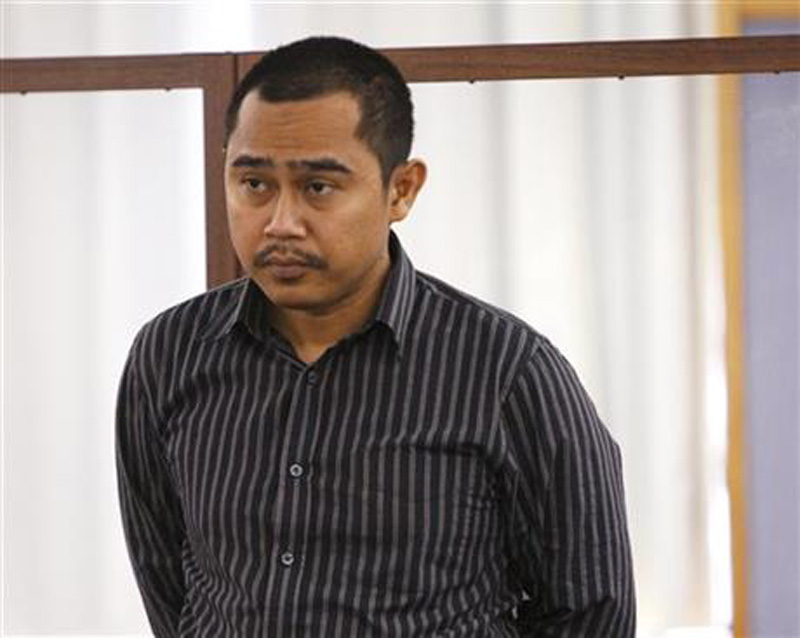Malaysian pleads guilty to indecent assault in New Zealand
WELLINGTON, NEW ZEALAND: A Malaysian military officer who was extradited to New Zealand after earlier leaving the country under the protection of diplomatic immunity pleaded guilty Monday to indecent assault.
Muhammad Rizalman Ismail faces a maximum of seven years in prison. He had earlier pleaded not guilty to more serious charges, including assault with the intent to rape. The court is scheduled to hear disputed facts in the case Friday ahead of any sentencing.
A police summary said the 21-year-old victim, Tania Billingsley, was alone in the bedroom of her Wellington home in May 2014 and watching a movie on her laptop when Rizalman, who worked at the Malaysian Embassy, broke in.
Rizalman took off his pants and underwear before opening the unlocked front door, the summary said. Inside the house, he took off his jacket and, wearing only a shirt, pushed open the bedroom door, saying "Can I come in?" according to the summary.
Billingsley began screaming and Rizalman grabbed both her shoulders, the summary said. The pair struggled before Billingsley managed to push Rizalman out of her bedroom and run to a bathroom where she called police.
Billingsley had bruises and marks on her arms and suffered considerable emotional trauma from the incident, the summary said.
Rizalman was arrested and charged at the time but returned to Malaysia less than two weeks later under diplomatic immunity protection. The case quickly became embarrassing for both countries.
New Zealand initially blamed Malaysia for invoking immunity but then later conceded its officials may have given the mistaken impression they did not oppose Rizalman returning home.
The Associated Press does not identify victims in sexual assault cases, but Billingsley decided to identify herself in July 2014 and to speak out publicly, saying she felt frustrated and angry Rizalman had been able to leave.
Rizalman returned to New Zealand following months of delay after Malaysia's government said he needed to undergo physical and mental examinations to ensure he was fit to stand trial, and lawyers drafted a special extradition document.
The case has raised questions about the moral implications of the 1961 Vienna Convention, which offers special legal protections to diplomats and their embassy staff.






